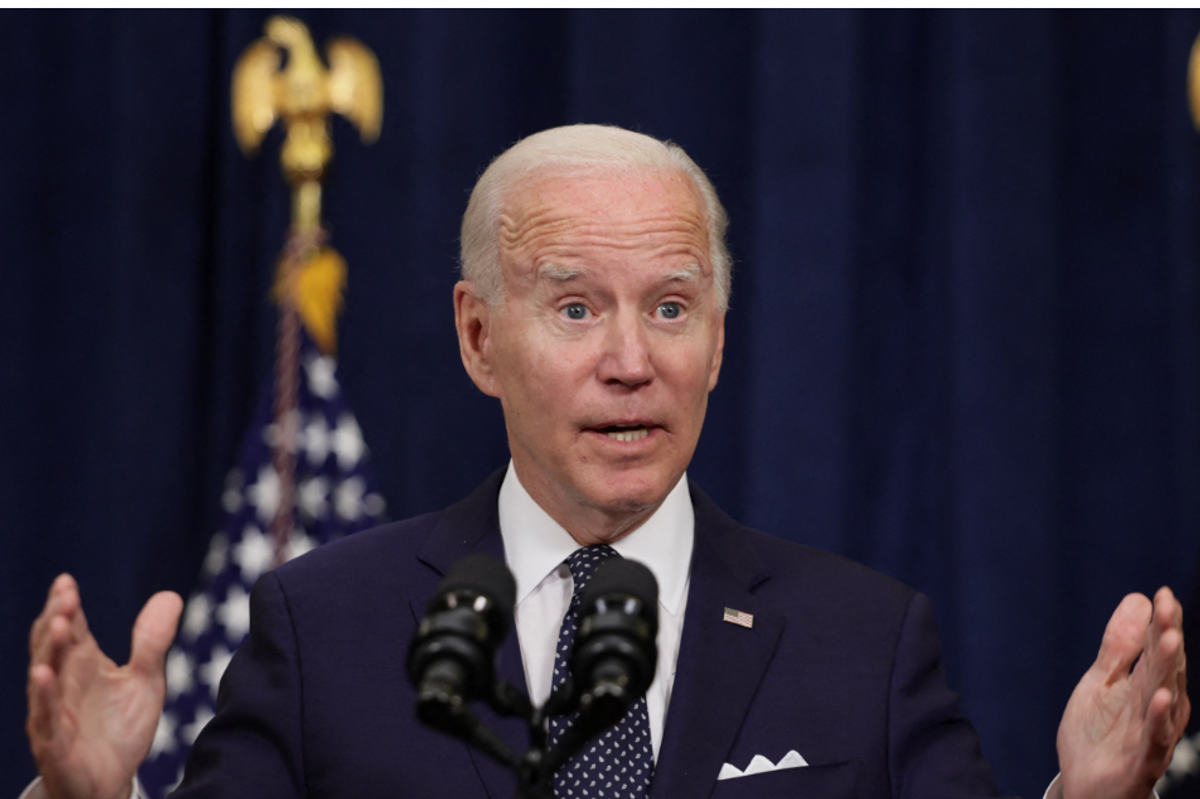
By Matt Fuller and Emma Dumain, CQ Roll Call (TNS)
WASHINGTON — The House passed the cromnibus Thursday night 219-206, with 162 Republicans and 57 Democrats voting for the bill, and 67 Republicans and 139 Democrats voting against it. While the vote was close, the breakdown split along familiar lines. But there were some interesting trends and deviations in the vote.
___
Leadership
Republican leadership all voted for the bill, with Speaker John Boehner of Ohio, Majority Leader Kevin McCarthy of California, Majority Whip Steve Scalise of Louisiana, GOP Conference Chairwoman Cathy McMorris Rodgers of Washington, and chief deputy whip Patrick T. McHenry of North Carolina all voting for the bill. Democrats, however, split. Minority Leader Nancy Pelosi of California and Democratic Caucus Chairman Xavier Becerra of California opposed the legislation, but Minority Whip Steny H. Hoyer of Maryland, and James E. Clyburn of South Carolina voted for it.
___
Appropriators
Each Republican on the Appropriations Committee voted in favor of the cromnibus, but nine of the panel’s 22 Democrats voted “no.” Many of them are counted among the staunchest progressives in the caucus: Rosa DeLauro of Connecticut and Barbara Lee of California. The committee’s top Democrat, Nita M. Lowey of New York, voted in favor of the measure despite her disappointment with many of the policy riders. Perhaps the biggest surprise “yes” vote from Appropriations Democrats came from Homeland Security subcommittee ranking member David E. Price of North Carolina, who told reporters the day before that he would be voting “no” because the cromnibus contained a short-term extension of DHS funding.
___
Texas GOP
While more than 70 percent of the GOP members who voted Thursday supported the legislation, only seven Texas Republicans endorsed the legislation. John Culberson, John Carter and Kay Granger, who are all appropriations cardinals, voted for the bill, as did Homeland Security Chairman Michael McCaul, Rules Chairman Pete Sessions, incoming-Armed Services Chairman Mac Thornberry, and Kevin Brady.
Louie Gohmert, Ted Poe, Sam Johnson, Joe L. Barton, Randy Weber, incoming-Republican Study Committee Chairman Bill Flores, Randy Neugebauer, Pete Olson, Kenny Marchant, Roger Williams, Michael Burgess, Blake Farenthold and Science, Space and Technology Chairman Lamar Smith all voted against it.
Outgoing-Reps. Ralph Hall and Steve Stockman did not vote, nor did Financial Services Chairman Jeb Hensarling.
___
Miscellaneous
Rep. Nick J. Rahall II (D-WV). Departing members of Congress have little to lose if they aren’t gunning for other jobs in politics or some political comeback, but many of the fiscally conservative House Democrats who lost re-election in November didn’t feel compelled to change their voting behaviors now that they were no longer fighting to keep their seats. In one of the biggest surprises of the night, Rahall joined with more liberal factions of the caucus and voted against the cromnibus, a position he might not have taken had the bill come up earlier in the election cycle.
Rep. George Miller (D-CA). While Pelosi was railing against the cromnibus and trying to use her leverage for a better deal — bucking the White House, with whom she has typically had a good relationship, in the process — she had plenty of allies by her side. But Miller, Pelosi’s closest confidante and counselor, ultimately voted “yes.” It likely had to do with the fact that the underlying spending package included an amendment related to pensions, which he had helped facilitate. But it was a striking moment for Miller to break away from Pelosi: It was the retiring congressman’s second-to-last vote as a member of the House.
Reps. Linda T. Sanchez (D-CA) and G. K. Butterfield (D-NC). The incoming chairs of the Congressional Hispanic Caucus and the Congressional Black Caucus, respectively, had to prove their progressive bonafides in this vote, which quickly escalated into an “us” versus “them” paradigm. They each voted “no.”
Rep. Jim Himes (D-CT). Progressive outside groups worked themselves up into a frenzy when it looked like Himes was on the short-list to be the next chairman of the Democratic Congressional Campaign Committee. A former Goldman Sachs investment banker, he’s been scrutinized for having close ties with Wall Street and taking substantial campaign contributions from the financial sector. His vote in favor of the cromnibus might be put into liberal activists’ files, as it was perceived by those on the left as a cave to big banks, given the policy rider to roll back portions of “Dodd-Frank.” Jamie Dimon, the CEO of J.P. Morgan Chase, was even making calls to House Democrats to shore up support for the bill.
Rep. Ted Yoho (R-FL). It was Yoho’s bill that would block the executive action on immigration that was passed last week by the House, and perhaps that was the key to his support of the cromnibus overall. Yoho has consistently been one of the more conservative voices in the House. But leadership giving him a vote on his bill might have placated his desires.
Reps. Kerry Bentivolio (R-MI) and Marlin Stutzman (R-IN). These two lawmakers were responsible for helping GOP leadership clear the procedural hurdle on Thursday morning that was necessary to bring the cromnibus up for full consideration later in the day. Bentivolio, who lost his re-election bid, changed his vote on the rule at the very last minute despite boos from his peers, telling CQ Roll Call later that he wanted a chance to vote “no” on the cromnibus later. Stutzman, meanwhile, released a statement saying he agreed to vote against the rule because leadership promised him the cromnibus was dead and a short-term continuing resolution would be brought to the floor in its place. Both voted “no” in the end.
___
(Bridget Bowman contributed to this report.)
AFP Photo/Mark Wilson


